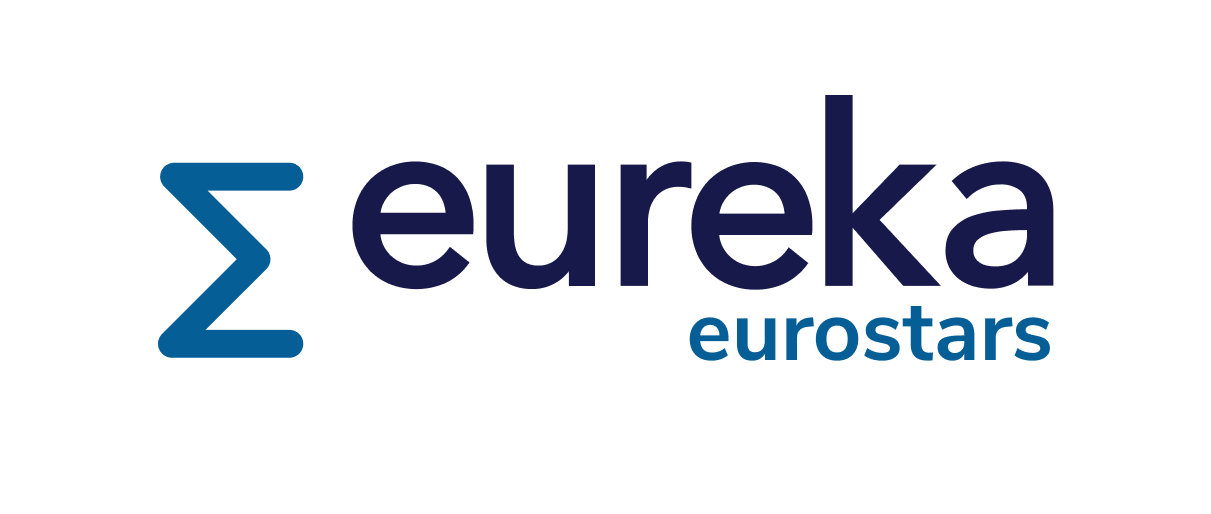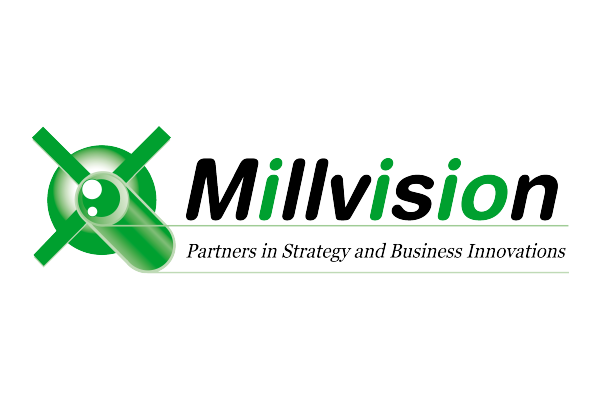MycoMaterials
A Revolutionary Technology for Circular Production of Mycelial Leather from Agri-food by-products
Vegan Leather is a member of CrossRoads2: Sustainable Energy, which is financed by Interreg V Flanders-Netherlands, the cross-border cooperation programme with financial support from the European Regional Development Fund.
The Problem
-
CO₂ impact of leather
-
Toxic pollution
-
Harm to animals
A deeper dive into the problem
The Solution
To achieve this, BioscienZ and project partners, B4Plastics and MillVision, will develop a first-of-its-kind fermentation technology for vegan leather production.
Using a proprietary processing technology, fungal mycelium will be crosslinked into a myco-pulp, which can then be converted into biobased leather.
The MycoMaterials technology has low environmental impact, as the feedstock comes from upcycled agricultural waste – wheatstarch and lactose streams, protamylase stream (co-product of potato starch), or animal manure – and the mycelium cultivating process is energy efficient. Thus, the technology can contribute to a circular economy by connecting food and non-food supply chains.
A deeper dive into the solution
The Value Chain
Steps in the value chain
Raw material production
Manufacture
and use
Disposal
-
1
Raw Material
-
2
Monomer production
-
3
Polymer production
-
4
Plastic conversion
-
5
Production of plastic products
-
6
Use
-
7
Collection/ sorting and recycling
-
8
End of life
This MycoMaterials project has received funding from Eureka (Project no. 153) and Vlaio (Grant agreement No. HBC.2021.1011) under the Eurostars programm





